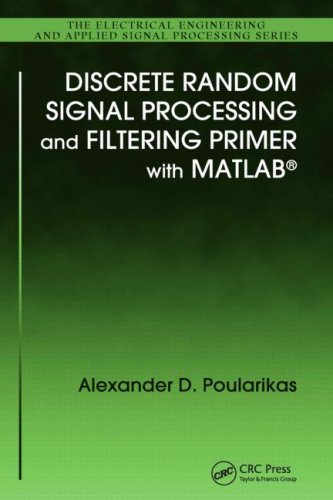

Most ebook files are in PDF format, so you can easily read them using various software such as Foxit Reader or directly on the Google Chrome browser.
Some ebook files are released by publishers in other formats such as .awz, .mobi, .epub, .fb2, etc. You may need to install specific software to read these formats on mobile/PC, such as Calibre.
Please read the tutorial at this link: https://ebookbell.com/faq
We offer FREE conversion to the popular formats you request; however, this may take some time. Therefore, right after payment, please email us, and we will try to provide the service as quickly as possible.
For some exceptional file formats or broken links (if any), please refrain from opening any disputes. Instead, email us first, and we will try to assist within a maximum of 6 hours.
EbookBell Team

0.0
0 reviewsEngineers in all fields will appreciate a practical guide that combines several new effective MATLAB® problem-solving approaches and the very latest in discrete random signal processing and filtering.
Numerous Useful Examples, Problems, and Solutions – An Extensive and Powerful Review
Written for practicing engineers seeking to strengthen their practical grasp of random signal processing, Discrete Random Signal Processing and Filtering Primer with MATLAB provides the opportunity to doubly enhance their skills. The author, a leading expert in the field of electrical and computer engineering, offers a solid review of recent developments in discrete signal processing. The book also details the latest progress in the revolutionary MATLAB language.
A Practical Self-Tutorial That Transcends Theory
The author introduces an incremental discussion of signal processing and filtering, and presents several new methods that can be used for a more dynamic analysis of random digital signals with both linear and non-linear filtering. Ideal as a self-tutorial, this book includes numerous examples and functions, which can be used to select parameters, perform simulations, and analyze results. This concise guide encourages readers to use MATLAB functions – and those new ones introduced as Book MATLAB Functions – to substitute many different combinations of parameters, giving them a firm grasp of how much each parameter affects results.
Much more than a simple review of theory, this book emphasizes problem solving and result analysis, enabling readers to take a hands-on approach to advance their own understanding of MATLAB and the way it is used within signal processing and filtering.